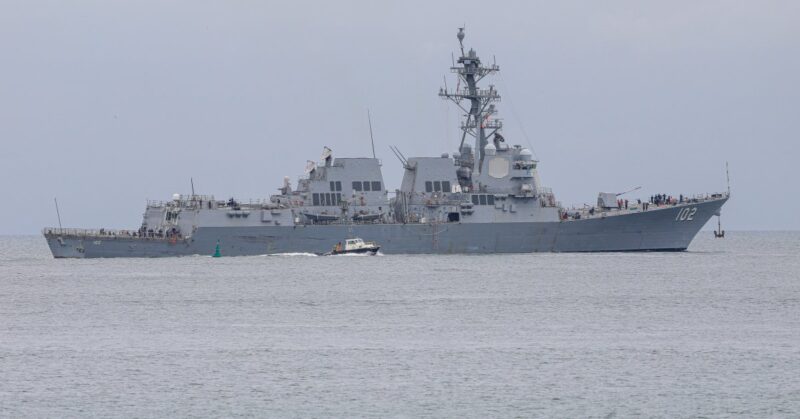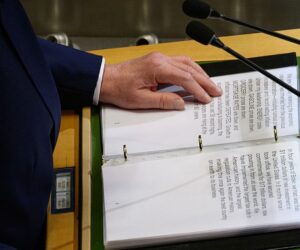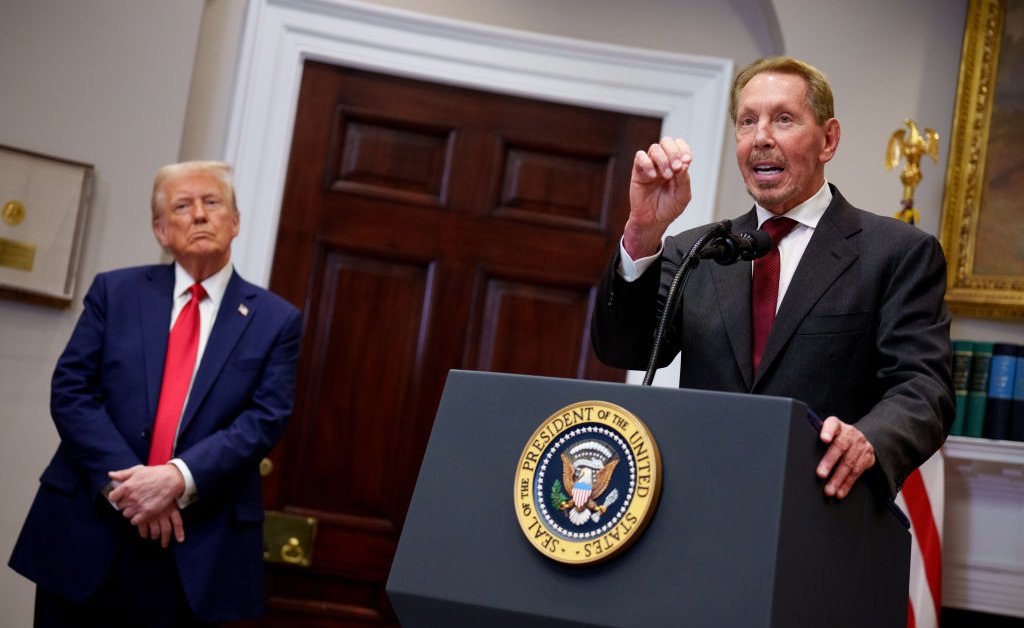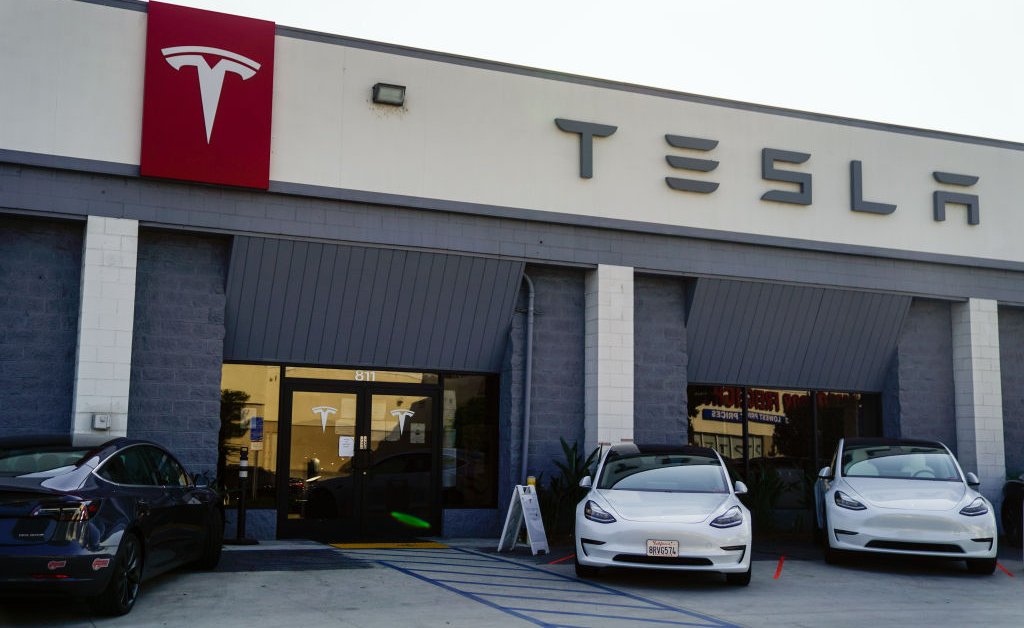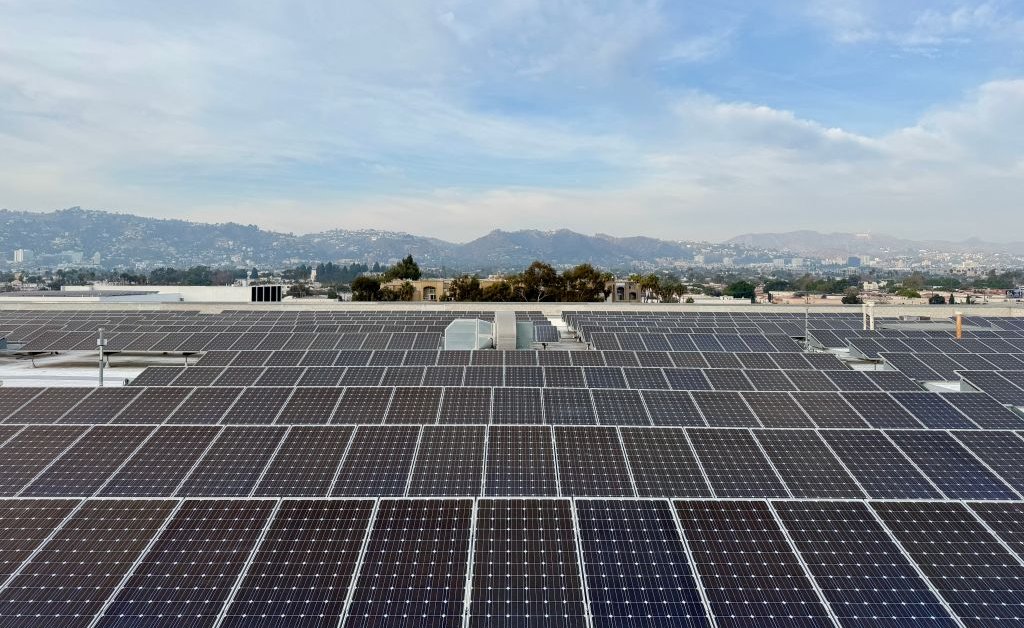On Sept 2, President Donald Trump shared a grainy video of a U.S. missile strike against a boat carrying what he described as a group of “narcoterrorists” traveling in international waters from Venezuela.
The strike would be the first of many to come against the Tren de Aragua gang, a cartel that the Trump Administration designated a terror organization on his first day in office, despite it not having carried out attacks on the United States.
The campaign, launched without congressional approval against an ill-defined enemy and with little oversight, has already drawn comparisons to the long years of the War on Terror. Defense Secretary Pete Hegseth made the comparison himself when announcing the latest strike on Sunday, this time on a Colombian cartel.
“These cartels are the Al Qaeda of the Western Hemisphere, using violence, murder and terrorism to impose their will, threaten our national security and poison our people,” Hegseth wrote on social media. “The United States military will treat these organizations like the terrorists they are—they will be hunted, and killed, just like Al Qaeda.
Read More: Trump Tells Congress U.S. Is at War With Cartels: What That Means
The sprawling War on Terror blurred the lines between war and peace and vastly expanded executive power. But some who were involved in it believe these strikes could be even more legally questionable, and may again lead to the kind of “endless wars” Trump campaigned to finish.
“President Trump seems to believe that by simply designating them a terrorist group, that means that the U.S. can use force to kill them. But that was not the analyses of President Clinton, President Bush, or President Obama,” John Bellinger, a former legal advisor for the U.S. Department of State and the National Security Council during the George W. Bush Administration, tells TIME.
“What’s different here with President Trump is he had no congressional authorization to do this, and he made no showing that these people actually either had attacked the United States or were planning an attack against the United States,” Bellinger says.
The War on Terror grew in response to the coordinated hijacking of four U.S. commercial jets on Sept. 11, 2001 by Al Qaeda terrorists that killed 2,977 people. The U.S. effort to dismantle Al Qaeda and a sprawling network of Islamist terror organizations prompted the U.S. invasion of Afghanistan and Iraq, the CIA’s use of torture to interrogate detainees under President George W. Bush, and the use of more than 540 military drone strikes to kill suspected terrorists in Pakistan, Yemen and Somalia during President Barack Obama’s two terms in office. Those actions were justified using authorizations for the use of military force passed by Congress in 2001 and 2002.
Bellinger spent four years at the White House and four years at the U.S. State Department analyzing the legality of the Bush Administration’s use of force throughout the War on Terror years. He also worked on the legal basis for detaining prisoners during the War on Terror, including at Guantanamo Bay.
The U.S. received international condemnation for its use of unilateral force against terror groups across the world during those years. Still, Bellinger says that Trump is acting on a “dangerous” logic to justify the strikes.
“We have the president using force against civilians—they may be breaking narcotics laws, they may be criminals—but he has simply killed them without due process, people who were not posing a threat against the United States,” he says.
“Either Trump does not know about international law, or he does not care,” Bellinger says. He puts part of the blame on the advisors surrounding Trump—including his dual-roled Secretary of State and National Security Advisor Marco Rubio, his Attorney General Pam Bondi and his Secretary of Defense Pete Hegseth.
Bellinger says Hegseth is making a “false comparison” by raising the spectre of Al Qaeda.
“Unlike Al Qaeda, these groups are not engaged in an armed conflict with the United States and their members are not combatants,” he says.
Bellinger is not the only veteran of the War on Terror to have raised concerns about the strikes.
John Yoo, a lawyer known for his role in forming the legal basis for the Bush Administration’s “War on Terror” policies, including the legal basis for torturing terror suspects under interrogation, authored an opinion piece for the Washington Post and has given interviews in which he criticized Trump’s strikes.
“There has to be a line between crime and war,” said Yoo, a former deputy assistant attorney general under Bush, in an interview with POLITICO. “We can’t just consider anything that harms the country to be a matter for the military. Because that could potentially include every crime.”
Much like the open-ended War on Terror, the initial strikes on alleged terror targets now threaten to expand into something greater.
On Sunday, Hegseth outlined the latest strike against a boat connected to a Colombian insurgent group that he alleged was “involved in illicit narcotics smuggling” in the Caribbean on Friday, bringing the death toll to at least 30 people killed by the Administration’s strikes since the campaign began. Trump and Hegseth continue to reiterate in their posts about these strikes that “intelligence” said that this boat was “trafficking narcotics,” yet no one outside of the administration has seen proof that they were cartel members.
Colombia’s leftist President Gustavo Petro called the move “murder.”
“US government officials have committed a murder and violated our sovereignty in territorial waters,” Petro wrote on social media, adding that “we await explanations from the US government.”
Petro said that one of those identified as having been on the boat, Alejandro Carranza, has “no ties” to the drug trade.
“The Colombian boat was adrift and had its distress signal up due to an engine failure,” Petro said of the boat struck Friday.
The bombing campaign has since spiralled into what the Trump Administration has called a “non-international armed conflict” and is now threatening to extend to target any boat suspected of being related to cartels, and Venezuela, which the White House accuses of backing the group, with little evidence.
A quagmire in the Americas
For Trump, says Michael McCarthy, Professorial Lecturer at George Washington University’s Elliott School of International Affairs, Venezuela is “unfinished business” after his first term in office, when he tried to push Nicolas Maduro out of power.
The Administration has accused Maduro of being one of the world’s largest narco-traffickers and of working with—and even leading—cartels to traffic fentanyl-laced drugs to the United States. In August, a reward for information leading to his arrest was raised to $50 million.
Although Trump has denied that he is looking to push for regime change in Venezuela, McCarthy says that Trump’s fight with Venezuela represents a “reboot of gunboat diplomacy in the Caribbean not seen for over a century” and combines both Trump’s domestic and foreign policy priorities.
Read More: Where Venezuela Goes From Here
Trump’s campaign on Maduro allows his administration to pressure Maduro’s government, and pressure Venezuela to take back more undocumented immigrants from the U.S., while simultaneously demonstrating that he is protecting the U.S. from cartels.
“It sort of encapsulates the Administration’s agendas, because of the effort by Trump and others in his team to get rid of undocumented folks in the U.S., and he can claim that he’s doing something important for advancing national security interests beyond our territorial borders,” he says.
“There are two deportation flights a week from ICE down to Caracas. That’s not changed amid the tensions,” McCarthy says. “Maduro knows that he can’t pull the plug on that because that would truly enrage Trump.”
In a letter from Maduro to Trump last month after the strikes, the Venezuelan leader denied being involved in narco-trafficking, calling out what he says is “fake news,” and offered to engage in “a direct and frank conversation with [Trump’s] special envoy.”
Trump has now authorized the Central Intelligence Agency (CIA) to conduct covert operations in Venezuela, a controversial act he acknowledged last week. Maduro responded directly to the revelation, calling the move a “desperate” attempt at regime change.
“We will defeat this open conspiracy against peace and stability in Venezuela,” Maduro told reporters from Caracas.
But as Trump seems to inch closer and closer to direct confrontation with Venezuela, some have begun to question how far Trump will push.
Prior to Friday’s strike on a boat carrying Colombians, Trump had lashed out in recent days at the country’s president, Gustavo Petro, calling him “an illegal drug leader” who is “low rated and very unpopular.” Trump then threatened Petro, saying he had “better close up” drug operations “or the United States will close them up for him, and it won’t be done nicely.”
Risks of escalation
Rebecca Ingbar, Professor of Law at Cardozo Law School and an expert in international law and national security who also previously served at the State Department, worries that there is “no limiting principle” to Trump’s campaign if there is no challenge to his authority, and believes Congress should “flex their muscles.”
Last week, Senate Republicans struck down a measure that would have blocked Trump from continuing his assault on unmarked boats. In a 48-41 vote, the measure failed, though Republican Sens. Rand Paul and Lisa Murkowski voted with nearly all Democrats for the measure, with Sen. John Fetterman joining the rest of the Republican side in opposing it.
The resolution, which was led by Democratic Sens. Adam Schiff of California and Tim Kaine of Virginia, said that Congress had not “received sufficient information” regarding the vessels’ “passengers, cargo, or affiliation,” the boat’s destination, “any justification” for lethal force against the vessels, the potential availability to use non-lethal force, or any domestic and legal basis to conduct these strikes.
Paul has been a strong Republican voice in opposition to the strikes, condemning Vice President J.D. Vance for saying that “killing cartel members who poison our fellow citizens is the highest and best use of our military.”
“What a despicable and thoughtless sentiment it is to glorify killing someone without a trial,” Paul said in response on X.
Ingbar argues, however, that the Trump Administration’s legal basis for these strikes—or lack thereof—could have implications beyond just Trump’s handling of alleged cartels.
“If he could do this on the high seas simply by calling these people terrorists and waving around that word, he could do it anywhere. And just consider who this administration has called a terrorist,” Ingbar said. Last month, the Trump Administration designated the decentralized left-wing idea of “Antifa” as a terrorist organization.
Last week, the Administration also came under fire for a directive that expanded the definition of domestic terrorism indicators to include a wide range of political beliefs, including ideological markers such as anti-Americanism, anti-capitalism and anti-Christianity.
Ingbar also notes the numbed response to these strikes from much of the American public, something that, in part, may come from the routine nature of these drone strikes as something that the nation has become desensitized to dropping bombs on enemies.
“There are truly extreme risks of escalation here,” she says. “And more broadly, I think we’re just eroding the norms, I think we’re eroding the rule that is the backbone of the modern international law system that states may not use force except in the most narrow exceptional circumstances.”
— Additional reporting by Brian Bennett.

